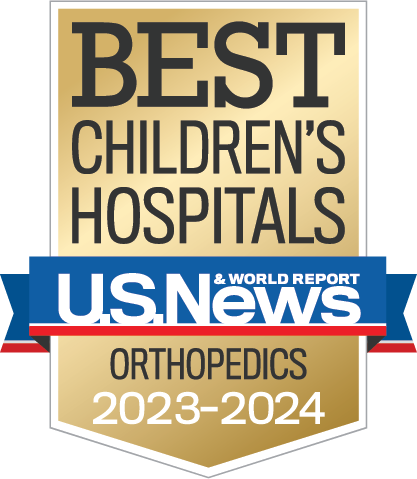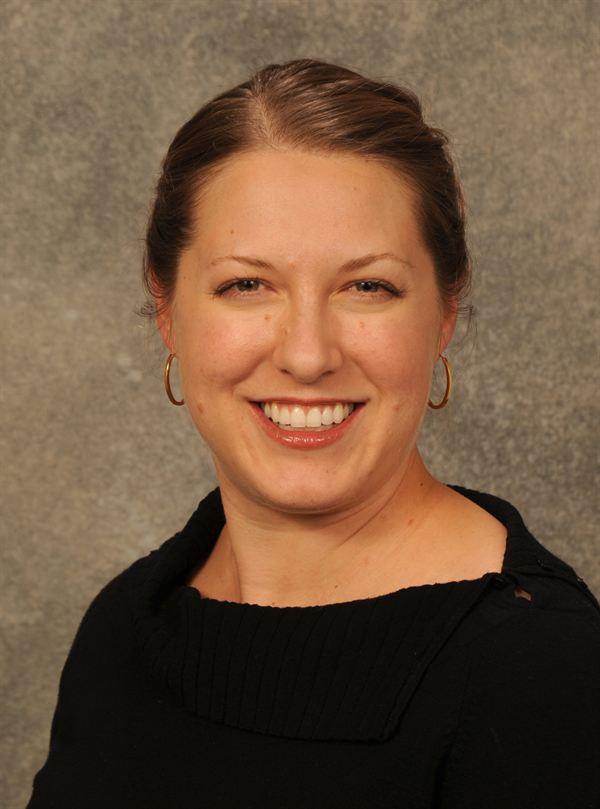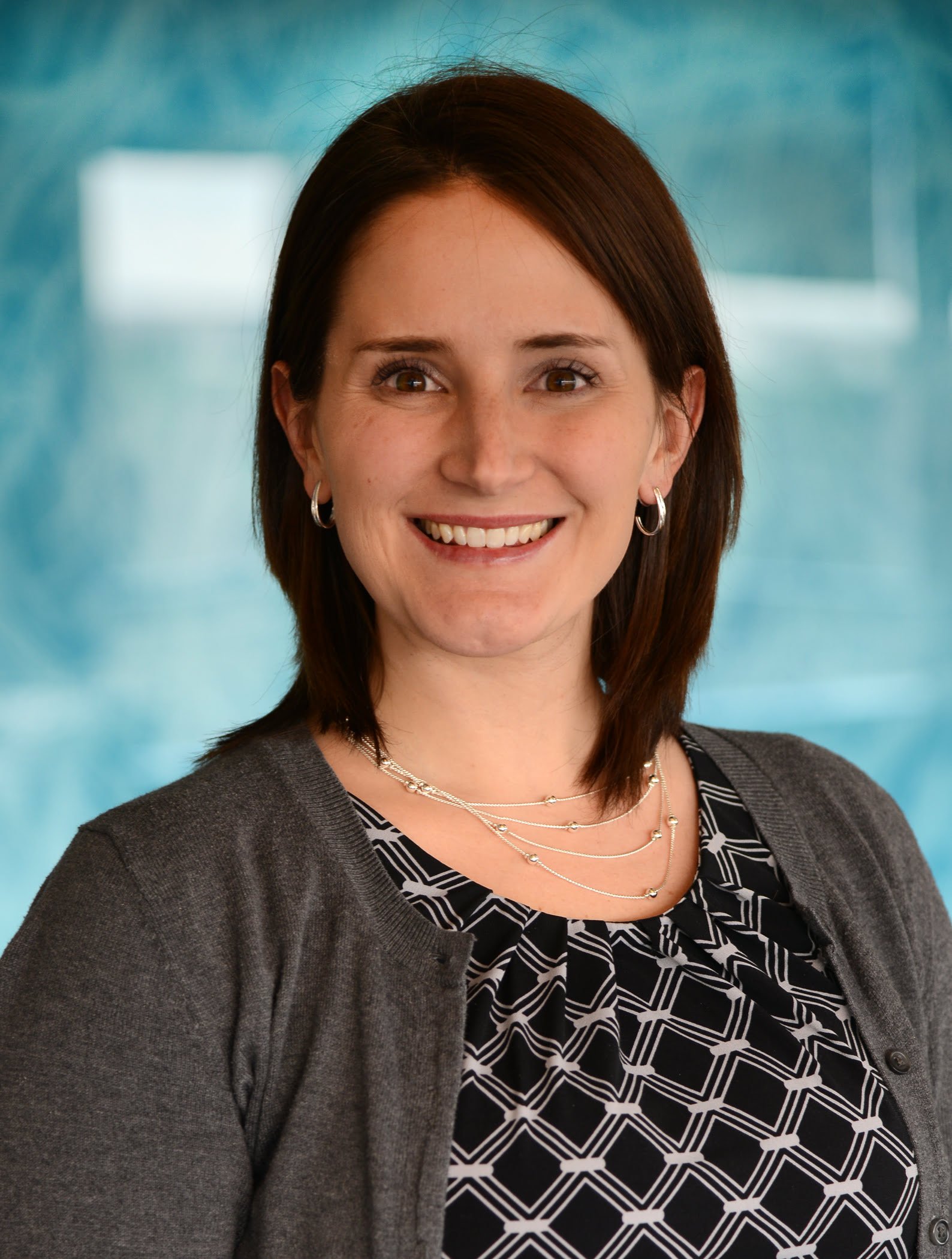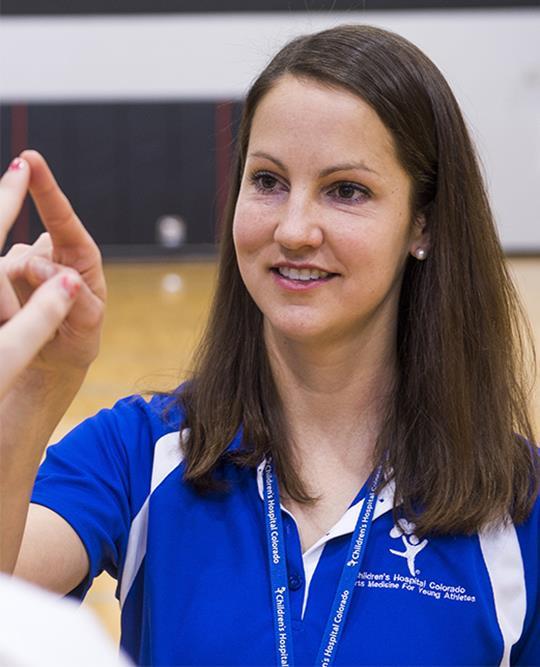- Doctors & Departments
-
Conditions & Advice
- Overview
- Conditions and Symptoms
- Symptom Checker
- Parent Resources
- The Connection Journey
- Calm A Crying Baby
- Sports Articles
- Dosage Tables
- Baby Guide
-
Your Visit
- Overview
- Prepare for Your Visit
- Your Overnight Stay
- Send a Cheer Card
- Family and Patient Resources
- Patient Cost Estimate
- Insurance and Financial Resources
- Online Bill Pay
- Medical Records
- Policies and Procedures
- We Ask Because We Care
Click to find the locations nearest youFind locations by region
See all locations -
Community
- Overview
- Addressing the Youth Mental Health Crisis
- Calendar of Events
- Child Health Advocacy
- Community Health
- Community Partners
- Corporate Relations
- Global Health
- Patient Advocacy
- Patient Stories
- Pediatric Affiliations
- Support Children’s Colorado
- Specialty Outreach Clinics
Your Support Matters
Upcoming Events
Colorado Hospitals Substance Exposed Newborn Quality Improvement Collaborative CHoSEN Conference (Hybrid)
Monday, April 29, 2024The CHoSEN Collaborative is an effort to increase consistency in...
-
Research & Innovation
- Overview
- Pediatric Clinical Trials
- Q: Pediatric Health Advances
- Discoveries and Milestones
- Training and Internships
- Academic Affiliation
- Investigator Resources
- Funding Opportunities
- Center For Innovation
- Support Our Research
- Research Areas

It starts with a Q:
For the latest cutting-edge research, innovative collaborations and remarkable discoveries in child health, read stories from across all our areas of study in Q: Advances and Answers in Pediatric Health.


Concussion Program
Concussion and Mild Traumatic Brain Injury in Children
Kids aren’t just mini adults. In fact, they’re incredibly different. That’s why they need incredibly different care.

Get Care Now
From emergency to urgent care to 24/7 pediatric advice, we’re here to help in the heat of moment.
What is a concussion?
A concussion is a mild injury to the brain caused by a significant blow or jolt to the head or neck that temporarily disrupts how the brain normally works. Children often bump or hit their heads without getting a concussion, so parents should monitor their child for development of symptoms after this type of injury. It is important to know that a child does not need to be "knocked out" or lose consciousness to have experienced a concussion. Studies show that only about 10% of all sport-related concussions involve loss of consciousness.
Is a concussion a traumatic brain injury (TBI)?
A traumatic brain injury (TBI) is an injury to the brain from some type of outside force, such as a fall, collision or blow to the head. TBI ranges in severity from mild to severe. Concussions are classified as types of mild TBIs. Even though a concussion might be called a "mild" injury, parents and caregivers still must take it seriously because it is an injury to the brain.
There are a few ways that medical professionals can determine the severity of a TBI:
- Duration of loss of consciousness
- Length of amnesia (partial or total memory loss)
- Length of mental status changes (confusion, disorientation)
- Time it takes to follow commands
- Brain imaging abnormalities such as bleeding, bruising or swelling of the brain
What is a moderate-severe traumatic brain injury?
A moderate-severe TBI is a more significant injury than a concussion and should be addressed differently in the home, school and community. A moderate-severe TBI often causes a loss of consciousness, as well as memory loss for several hours to days or weeks.
Children who experience a moderate-severe TBI often need hospitalization and will likely have abnormal findings on brain imaging. Although children with a mild TBI or concussion typically heal in a few days to weeks, individuals who have a moderate-severe TBI often take longer to recover and are likely to require increased support, supervision and overall care for months or longer.
Who gets concussions?
Concussions are common in collision sports such as hockey, football and lacrosse, but it's important to remember that young athletes can get concussions in any sport. Activities that include high speeds and contact or collision with opponents increase the risk of getting a concussion.
Athletes are not the only ones susceptible to concussions. Any child can get a concussion while doing everyday activities like riding bikes or scooters or playing on the playground.
What should I do if I suspect my child has a concussion?
- Take your child aside immediately and assess the situation. If your child is an athlete, take them out of the game or practice immediately. Athletes should not return to play on the same day a concussion is suspected.
- Ensure your child is evaluated by an appropriate healthcare provider. Do not try to judge the seriousness of the injury yourself.
- If you witness a head injury to another child (not your own), tell their parents or guardians about the possible concussion.
- Allow children and athletes to return to play only with permission from an appropriate healthcare professional, such as their primary care provider or a concussion specialist.
What should parents do in the first days after a concussion?
Serious medical problems after a mild head injury are rare, but they can occur. For this reason, a healthcare provider should always be involved in a child or teen's care after a concussion.
In the first one to two days after the injury, you should watch your child closely for worsening or severe symptoms. You can give acetaminophen (Tylenol) for headaches, but no other medications should be given during this time without a healthcare provider's approval.
Seek immediate medical help if your child has any of the following:
- A headache that gets worse or is severe
- Confusion, extreme sleepiness or trouble waking up
- Vomiting repeatedly
- Trouble walking or talking
- Any numbness, weakness or tingling in arms or legs
- A seizure or convulsion (arms or legs stiffen or shake uncontrollably)
- Any sudden change in thinking or behavior
What are signs and symptoms of a concussion?
Signs and symptoms of a concussion can vary greatly. Most young people will recover completely from a concussion within a few weeks of injury. But, some youth can take longer to recover than others.
Common signs of concussion in children include:
Physical
- Headaches
- Sick to stomach or vomiting
- Dizziness or balance problems
- Low energy or feeling run down
- Trouble with vision
- Bothered by light or noise
- Sleeping problems
Thinking (cognitive)
- Slowed thinking
- Trouble paying attention
- Difficulty remembering things
- Acting "foggy"
- Confusion
- Changes in school performance
- Irritability or grouchiness
- Easily upset or frustrated
- Nervousness
- Sadness
- Acting without thinking
- Any other personality changes
Reasons to consider seeing a concussion specialist include:
How do the experts at Children's Hospital Colorado evaluate a concussion?
As part of the Concussion Program at Children's Colorado, evaluation of a child with a suspected concussion may include:
- Medical and neurological examinations
- Consultations to help with decisions about when an athlete should return to play sports
- Neuropsychological evaluations to assess thinking areas potentially affected by concussion (for example: attention and memory)
If your child is diagnosed with a concussion, we'll help develop a treatment plan to address school issues, support recovery and manage changes in behavior. Experts from our Concussion Program will also provide referrals to specialists in education, physical therapy, behavioral health, neurology and other medical areas when needed.
How is a concussion treated?
Our Concussion Program evaluates and treats children and teenagers who have had concussions and other types of mild traumatic brain injuries.
What can parents do to help treat a concussion?
A concussion can be scary and stressful for both you and your child. It's important to remember that most symptoms will last for only a short time. The following suggestions should be helpful as your child is healing from the concussion:
- Keep your child safe. It is important your child does not hit their head again while healing. Your child will need to take a break from sports and other activities that might cause another head injury. A healthcare provider should make the decision about when it is safe for your child to return to sports, as well as develop a specific plan to return your child to sports in a step-by-step, gradual fashion.
- Have your child rest. Doing too much too soon after a concussion can worsen symptoms. In the first few days after injury, they will probably need more "down time" than usual to rest and relax.
- Gradually reintroduce light physical activity. After an initial period of rest (24 to 48 hours), experts encourage light and progressive activity that does not make your child feel worse. This activity can consist of something like a brisk walk, but it should not bring on any new symptoms or make their symptoms worse. It is important that your child not return to strenuous exercise, including sports or other high-risk physical activity without clearance from their healthcare provider.
- Make sure your child gets enough sleep and eats properly. Make sure your child gets plenty of sleep at night. Short daytime naps, if needed, are reasonable in the first few days after a concussion. Also, make sure your child eats healthy foods and drinks plenty of water.
- Allow extra time to finish things. Some children may be a littler slower in how they do things after a concussion. Allow more time than usual to finish tasks.
- Give more chances to learn. Remember that things might be harder for a while. When learning, first make sure your child is paying attention. They might also need to hear or see information more times than usual. Make sure you tell school staff about the injury so they can watch for problems and provide extra help if needed.
- Allow more breaks. Paying attention during hard or boring tasks might be more difficult. Have your child take breaks when doing homework and other similar tasks.
- Be patient. Your child might seem cranky, more easily upset or more tired and forgetful. Be patient and understanding when this happens. If the behavior continues, talk with a healthcare provider.
- Partner with a professional. Healthcare professionals should always be involved in a young person's care soon after a concussion. You should also follow up with your child's primary care provider or a concussion specialist if your child's symptoms last for more than two weeks.
Why choose Children's Colorado's Concussion Program?
At Children's Colorado, we see thousands of children and teens each year who have suffered a concussion. Our Concussion Program includes a comprehensive range of services from medical consultation and appointments for concussions, to helping students return to school and academics, to helping decide when athletes can return to playing sports.
We are also national leaders in concussion research. As experts in the field, we are actively involved in several projects aimed to advance our understanding of how youth athletes recover from a concussion, and the best ways they can fully heal after an injury.
For questions or to schedule an appointment with the Concussion Program, call 720-777-2806.
Concussion Comeback plan for teachers and parents
Recognizing the unique challenges faced by students recovering from a concussion, Children's Colorado Concussion Comeback Plan was developed as a comprehensive resource to help parents and teachers guide students back into the school environment. This plan will help you understand concussions, assign a comeback coordinator, support the student, monitor the student and identify signs that a student may need a consult with a healthcare provider.
Concussions and helmet safety
- Bicycle helmets involved in a crash should always be replaced. Even if there is no visible damage, the helmet may not protect your child as well in the next crash.
- Helmets used for contact sports (for example: football, hockey, lacrosse) should have a National Operating Committee on Standards for Athletic Equipment (NOCSAE) stamp of approval on them. The stamp is usually found on the back or side of the helmet.
- Helmets should not be purchased "used" because the history and care of the helmet are unknown.
- Helmets should only be used for the sport for which they are designed. For example, a ski helmet should only be used for skiing/snowboarding, not for other activities.
- Children are much more likely to wear helmets if their parents/guardians wear helmets.
Next steps
-
Would you like to learn more about us?
Learn more about the Concussion Program -
Are you ready to schedule an appointment?
Schedule an appointment -
Do you need an appointment or have a question?
720-777-2806

Compassionate care, wherever you are
We’re here when you need us. Telehealth appointments are available across every specialty, so you can get the high-quality care we’ve always offered from the comfort, privacy and convenience of home.
See if telehealth is right for you
Get to know our pediatric experts.

Anne Stratton, MD
Physical Medicine & Rehabilitation - Pediatric, Pediatrics, Physical Medicine & Rehabilitation



Pam Wilson, MD
Physical Medicine & Rehabilitation - Pediatric, Physical Medicine & Rehabilitation



 720-777-0123
720-777-0123




